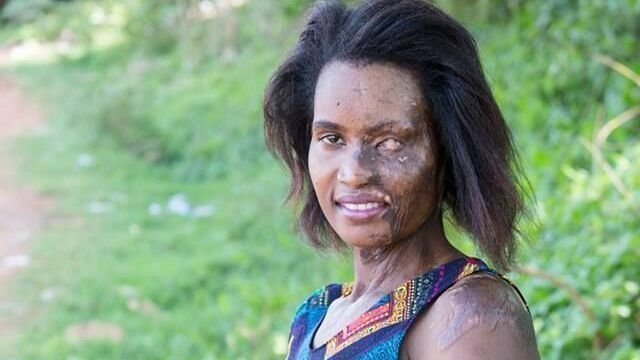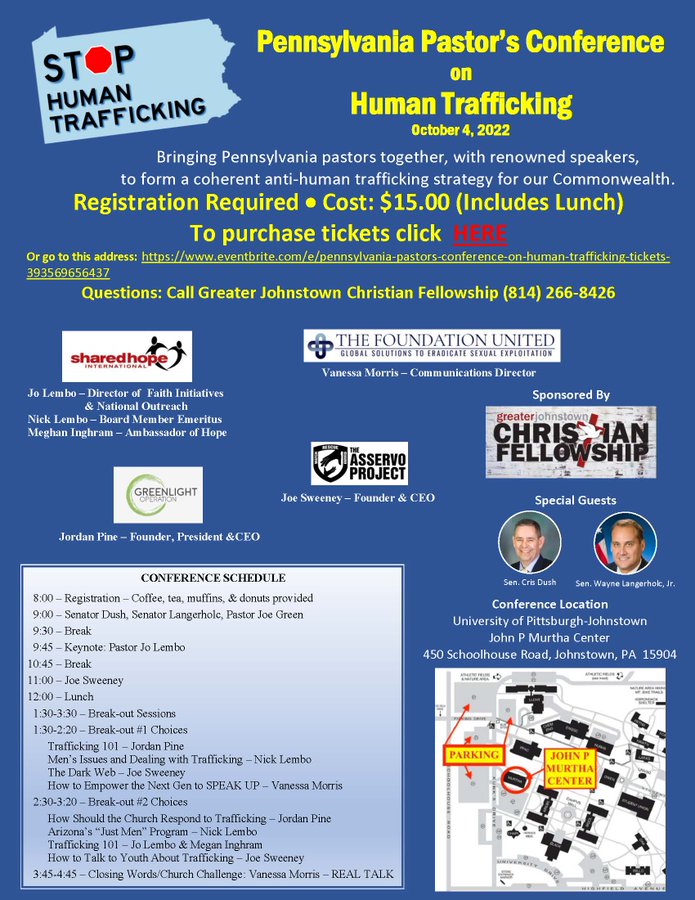Ebere is the national women coordinator at the South Sudan Council of Churches, an ecumenical grouping of seven member churches and associate churches, including the Roman Catholic, Episcopal (Anglican) and Presbyterian churches. Ebere, a human rights lawyer, stresses in an interview that women are the victims in the country’s civil war, interethnic violence, and widespread insecurity. “Unknown gunmen attack villages, and rape and kill women and children most of the time. Women can no longer go to their farmland for fear of being raped and killed,” says Ebere, while calling for the global community’s help in advocating and praying for peace and a change of the narrative. “Economic hardships are biting hard on women who are struggling day and night to get something to feed their families, pay school fees for their children, and pay for medication and house rents, as many have been displaced to city centres and are no longer living in their own homes,” she adds. The 47-year-old Roman Catholic comes from the Azande Kingdom in Ezo County, Western Equatoria State. Fleeing South Sudan in 1990, the family had first settled in Congo and the Central African Republic. She completed her education in Uganda, where the family settled in 1993. In 2001, she attained a law degree from Makerere University, and in 2012, a masters of arts in human rights and local governance from Uganda Martyrs University. Early this year, she became the national women coordinator of the council. Her work is to coordinate women’s activities, bring grassroots women’s voices to decision-making bodies, lead women’s economic empowerment, and provide psychosocial services to survivors of sexual and gender- based violence. “I joined the ministry because…I saw this as a chance to give back to my church, the women and the people of South Sudan at large. I love working with women and empowering them, this is my passion,” says Ebere. At the WCC assembly, she hopes to learn from the experiences of other participants and women on how they have successfully handled conflict in their regions. “I expect to learn a lot from the assembly in terms of knowledge on peace building, conflict resolution, reconciliation, forgiveness, ecumenical unity, and how to stand together as Christians,” she says. In 2018, the Revitalised Agreement on the Resolution of the Conflict in the Republic of South Sudan was unveiled, but Ebere notes that its implementation is not going according to schedule. “All this is taking a toll on women in terms of insecurity, economic hardship, lack of basic services, sexual and gender-based violence, domestic violence, and all sorts of violence,” she stresses. At the same time, Ebere underlines the complex nature of the South Sudan conflict since it involves brothers killing each other. Land grabbing is triggering violence, as are fights between nomadic pastoralists and farmers, as well as raids among the pastoralist communities. Whatever the forms of violence, women are victims all too often. “Tribalism is very high, revenge is very high, and there is no political will to end the ongoing conflicts, no willingness to compromise. It is difficult to handle this situation, the youth because of frustration of not going to school are being manipulated to cause havoc in the communities,” she says. Above these, she emphasizes the need for a change of heart, and the will to reconcile, forgive, and, above all, to love ourselves as South Sudanese. “The first root cause is lack of love and lack of nationalism. If we all love our country, we would choose humility and bring peace. So, I ask the world to intervene and intercede for South Sudan,” she says. WCC member churches in South Sudan Learn more about the WCC 11th Assembly in Karlsruhe | 







